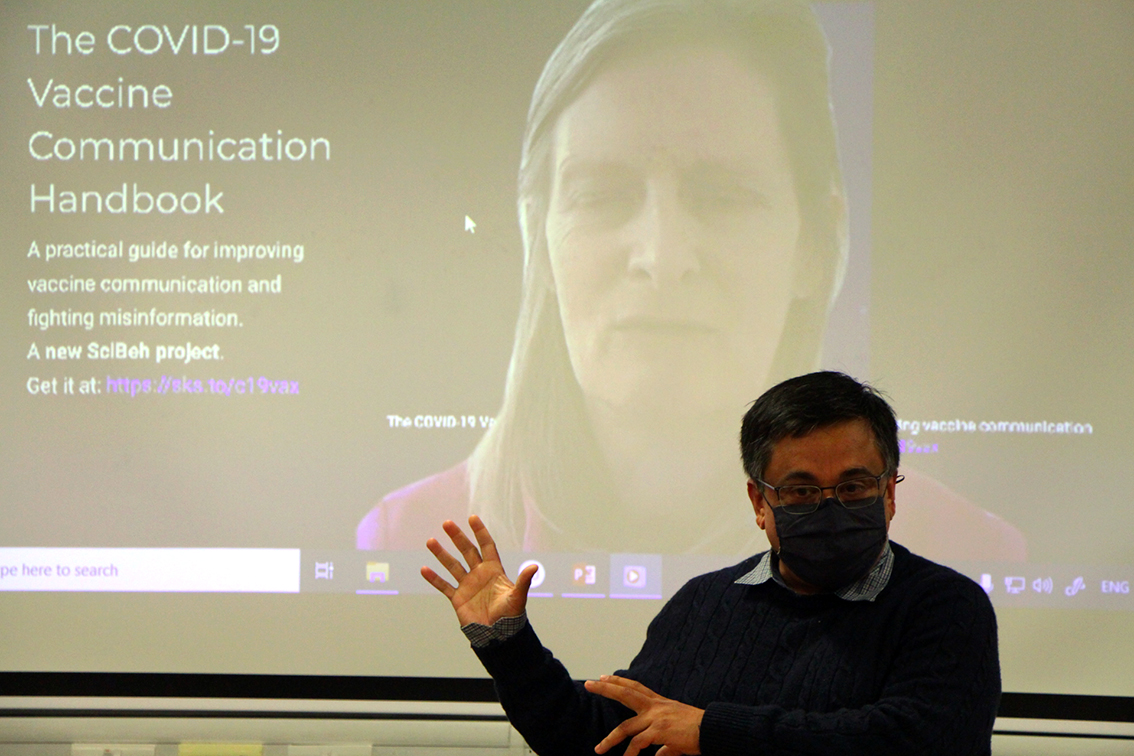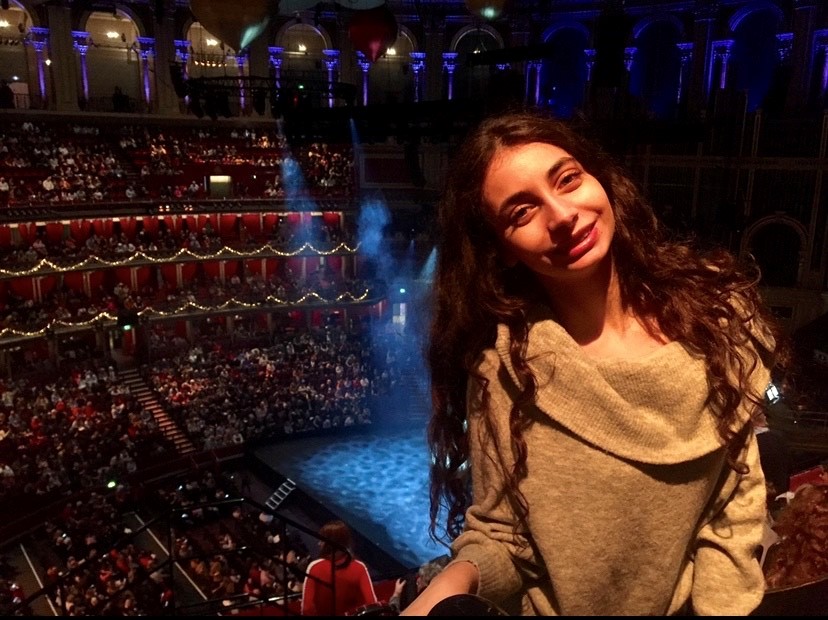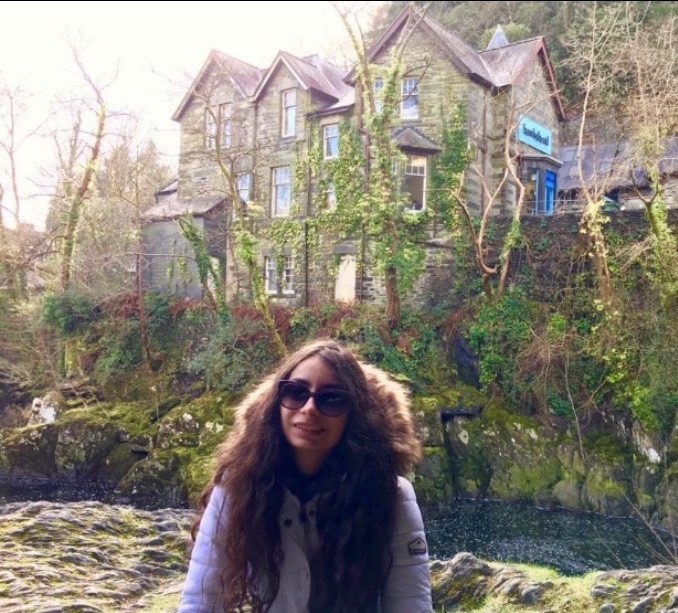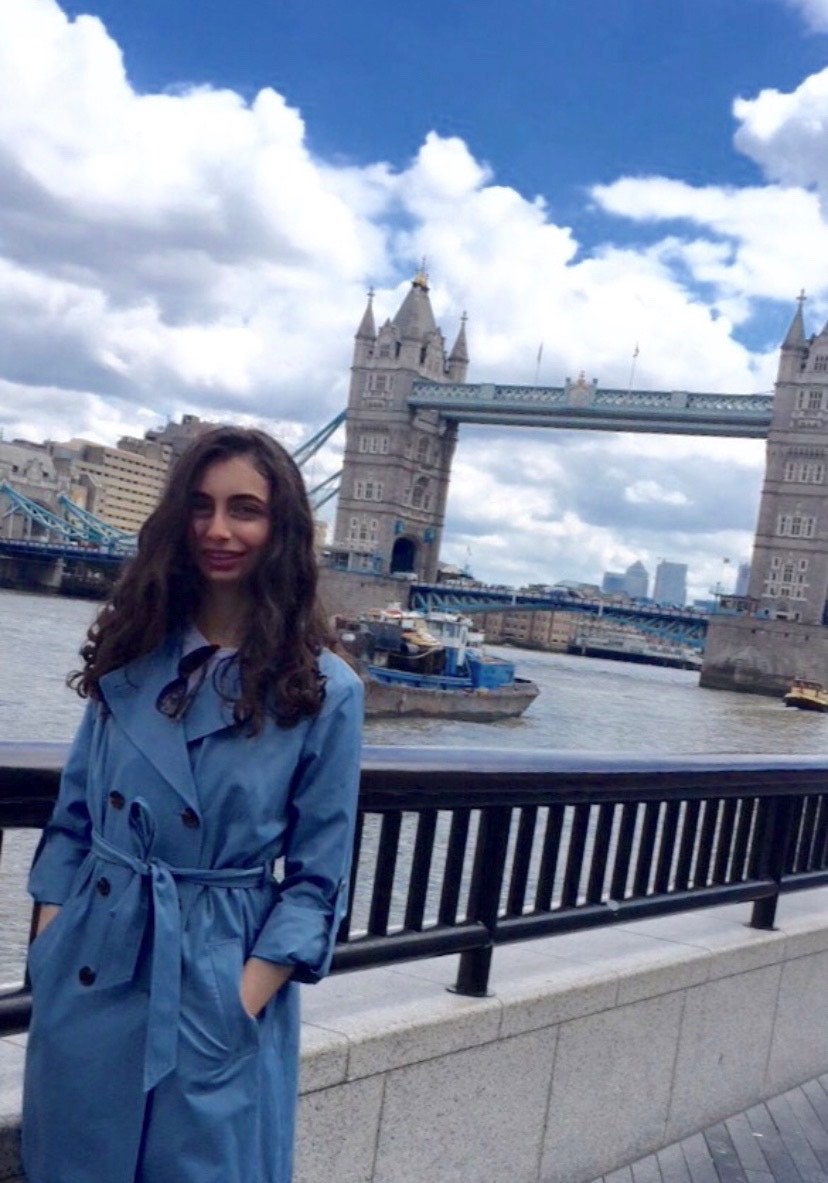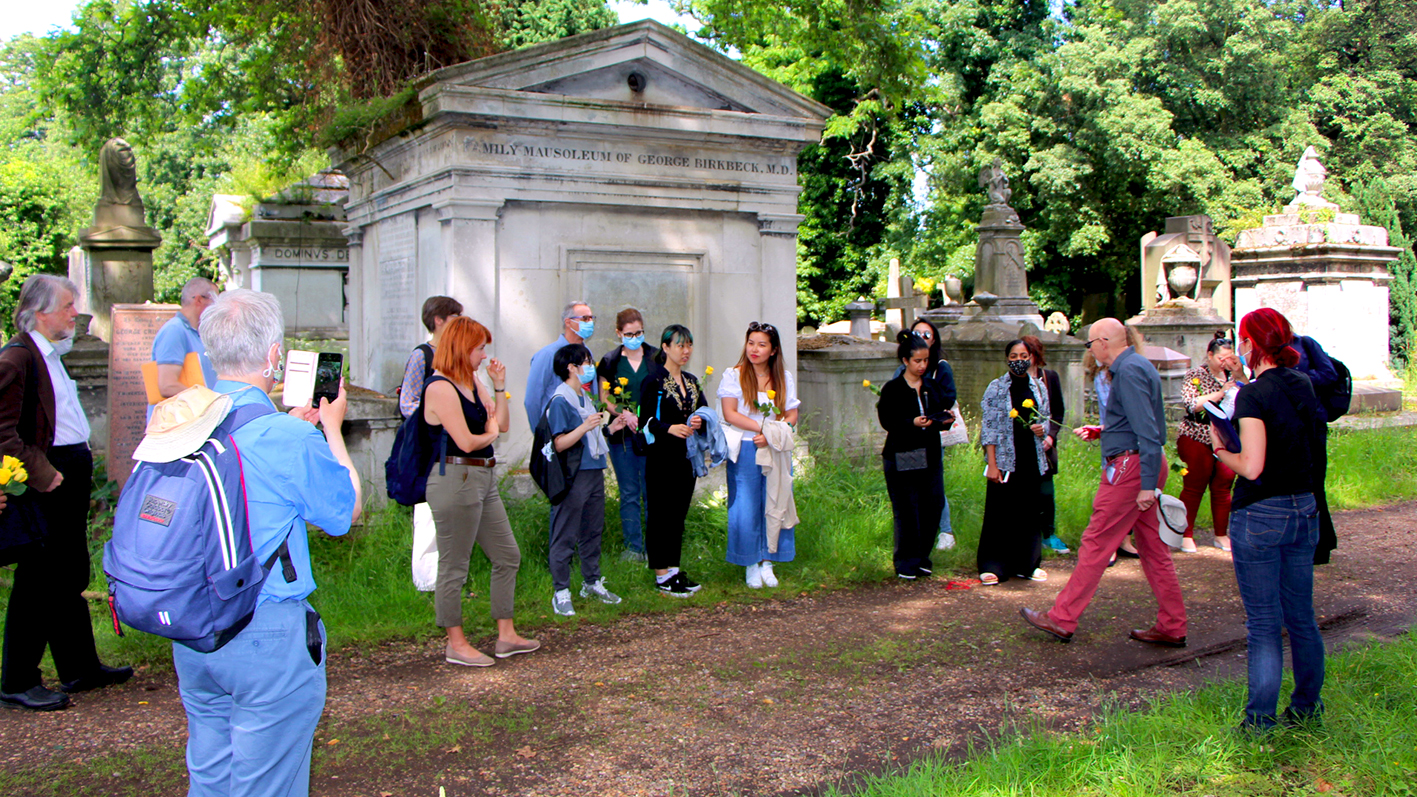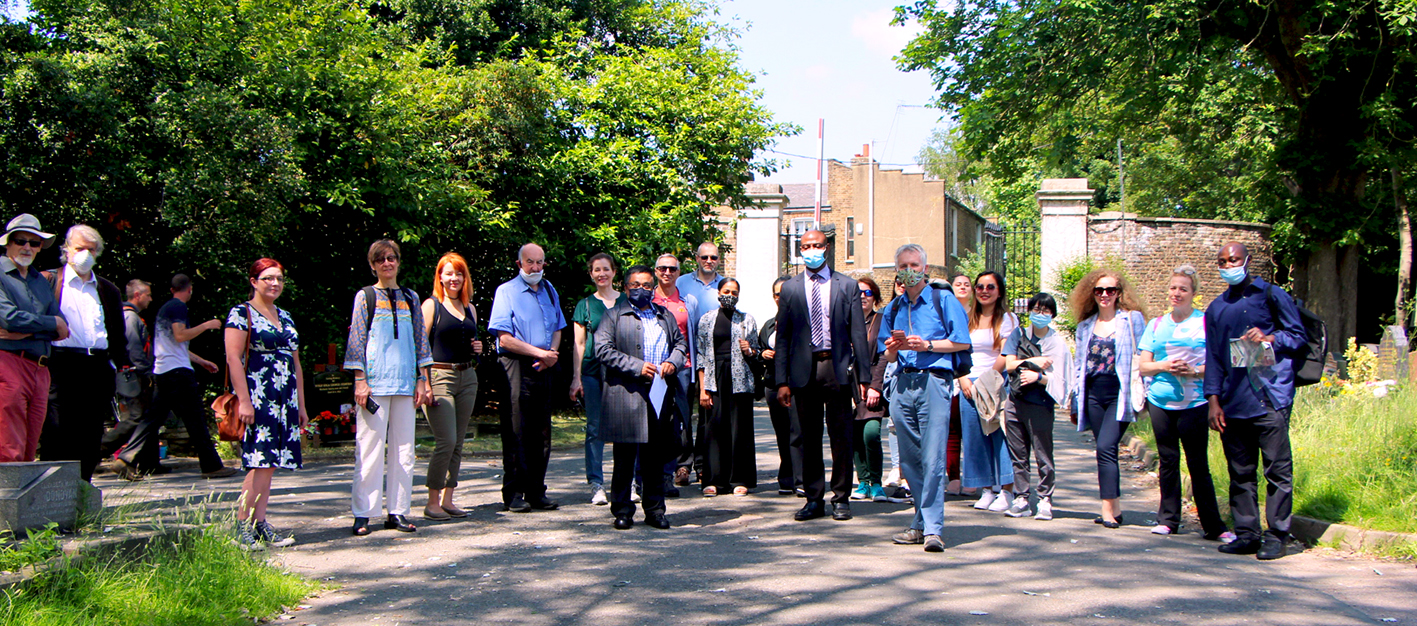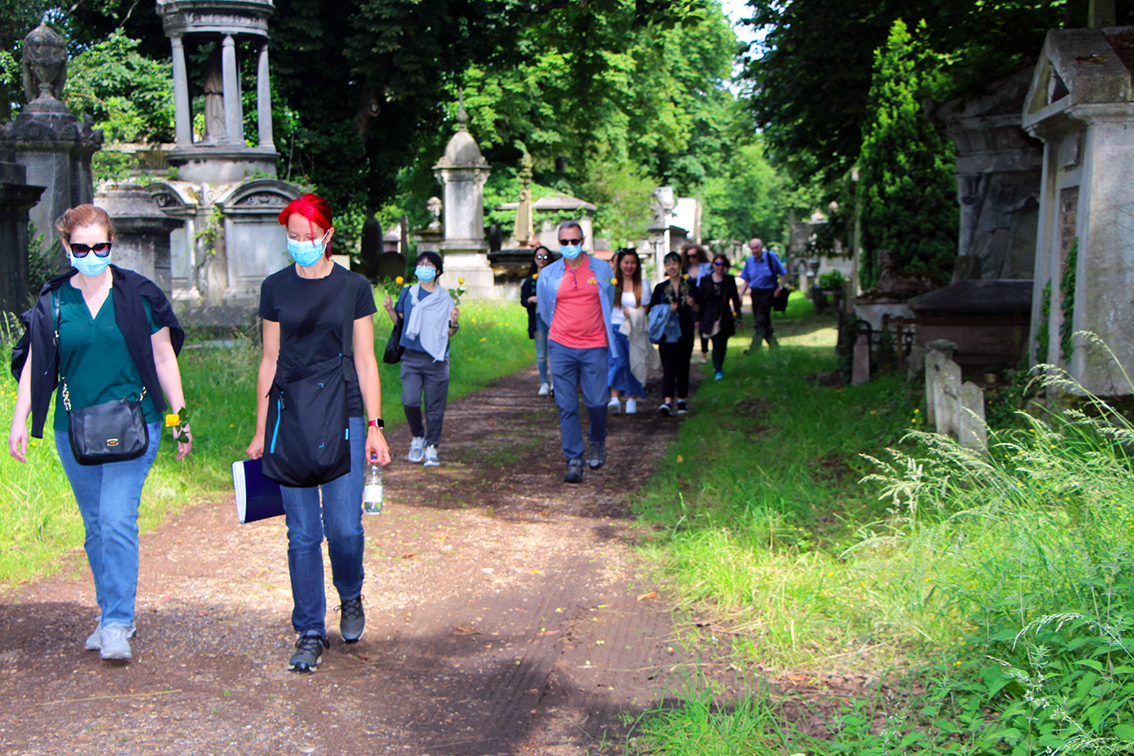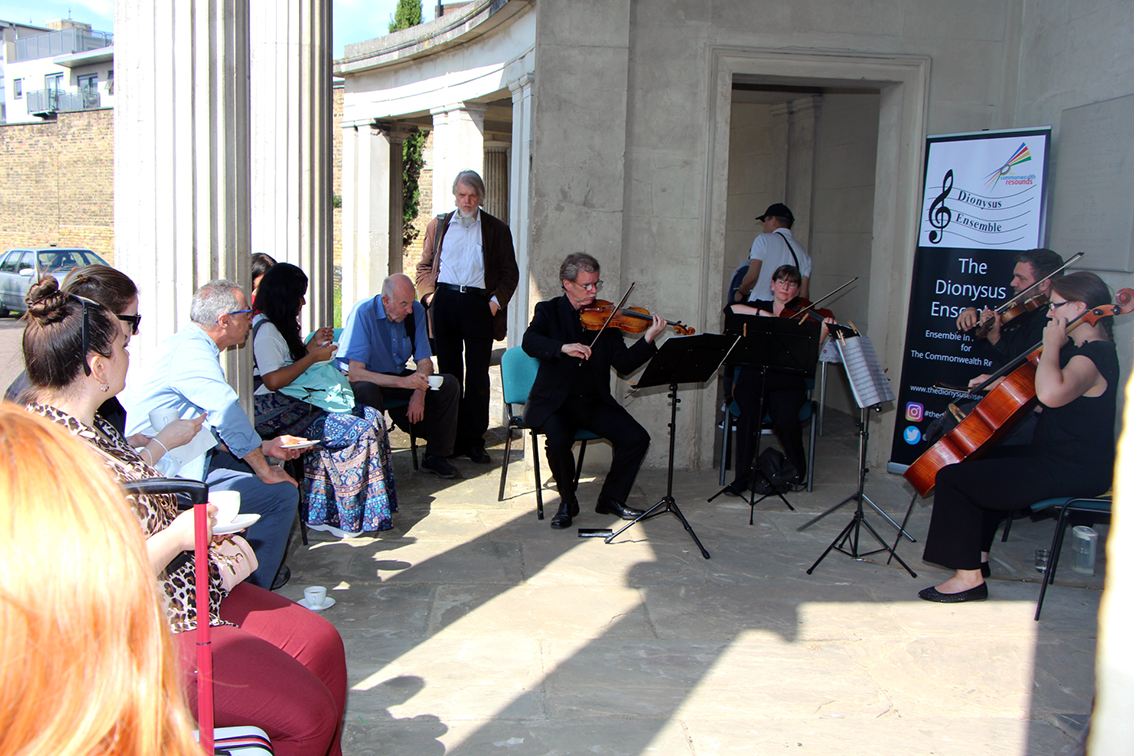International students across Birkbeck came together last week to catch up and discuss the responses of their home countries to the pandemic. Professor Sanjib Bhakta, Assistant Dean (Internationalisation and Partnership), writes about the successful event in this blog.
An afternoon tea at Birkbeck on Thursday 25 November was attended by international students from a variety of Schools, including Science, Arts, and Business, Economics and Informatics. Professor Nick Keep, Executive Dean of the School of Science, inaugurated the session by welcoming the students and sharing how the School has nurtured a long-standing international culture. He explained how the school has created many fruitful cooperatives through building international alumni networks over the years.
Professor Sanjib Bhakta, Assistant Dean (Internationalisation and Partnership), highlighted the importance of sustaining cultural roots while studying at Birkbeck. He also spoke on how the planned international students’ experience events throughout this academic year aim to enrich further diversity in Birkbeck’s life-long learning environment.
Students shared their personal experience of the COVID-19 period in relation to their home countries; how economies, administration and politics have continued to play a crucial role in policy making and implementation of these policies towards tackling the ongoing pandemic differently in various parts of the world. This discussion was prompted by the question – ‘What lessons have we learned from this pandemic so far?’ Everyone enthusiastically participated in the active conversation which was followed by watching an interview with Professor Ulrike Hahn, Professor of Psychology, on the COVID-19 Vaccine Communication Handbook and Wiki. The handbook was published with the aim to demystify the myth of COVID vaccinations and solve the challenge of vaccine hesitancy. We re-enforced how the world is still in the midst of a pandemic and vaccine uptake in London particularly is lower than many other cities in the UK. Everyone appreciated the significance of such an outreach initiative.
On a lighter note, everyone also shared their hobbies outside their own curriculum and continued chatting while taking sips of tea. Harish Patel, Technical Services Manager in the School of Science, demonstrated his passion for photography and shared his knack with students. All participants were appreciative of such event that created the opportunity for them to interact with other peers in-person.
Professor Nick Keep said of the event: “It was nice to hear the diverse experiences of students coming from different countries and regions. Sanjib did a great job of opening up friendly and insightful discussion.”
Further information
